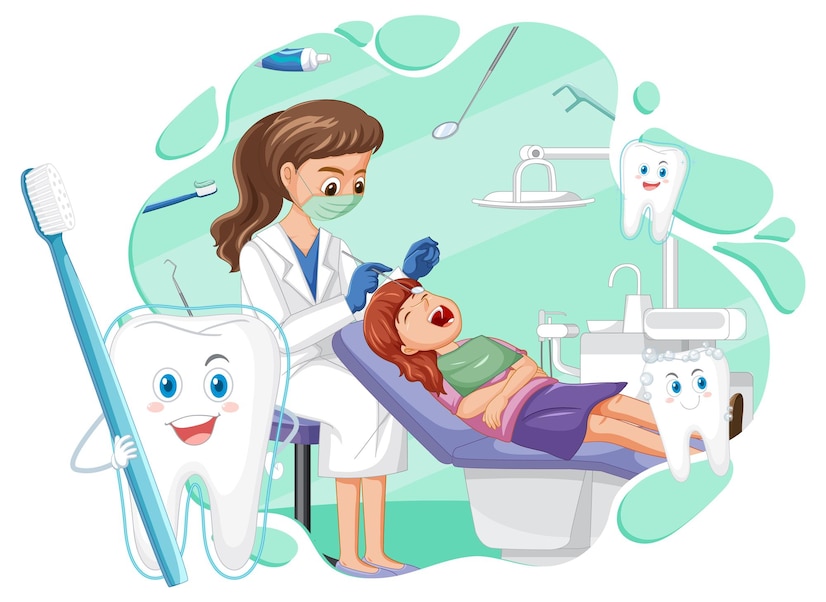Introduction
The connection between nutrition and oral health is profound, especially in the formative years of childhood. A well-balanced diet plays a crucial role in the development of strong teeth and gums, and it significantly influences a child’s susceptibility to dental issues. In this article, we explore the importance of nutrition in pediatric oral health and how making informed dietary choices can contribute to a lifetime of healthy smiles.
The Building Blocks of Healthy Teeth
Essential Nutrients for Oral Health
Proper nutrition provides the essential building blocks for healthy teeth and gums. Calcium, phosphorus, vitamin D, and fluoride are key nutrients that contribute to the development of strong enamel and support overall oral health. Ensuring that children receive these nutrients through a well-balanced diet is fundamental to preventing dental problems.
The Role of Hydration
Hydration is integral to oral health. Water helps maintain saliva production, which is crucial for neutralizing acids, washing away food particles, and preventing dry mouth. Encouraging children to drink an adequate amount of water throughout the day supports their overall oral health and contributes to cavity prevention.
Sugar and Its Impact on Oral Health
Understanding Hidden Sugars
Excessive sugar intake is a primary contributor to dental issues in children. It’s not only the obvious sugary treats but also hidden sugars in processed foods and beverages that pose a risk. Pediatric dentists emphasize the importance of reading labels and making informed choices to limit the consumption of hidden sugars, reducing the risk of cavities.
Educating Parents on Sugar Awareness
Pediatric dental care extends beyond the clinic, with a focus on educating parents about the impact of sugar on oral health. Providing guidance on creating a diet low in sugary snacks and beverages empowers parents to make choices that support their child’s dental well-being, fostering a collaborative effort between dental professionals and caregivers.
Establishing Healthy Eating Habits
Introducing Nutrient-Rich Foods
Pediatric dentists encourage the incorporation of nutrient-rich foods into children’s diets. Fresh fruits, vegetables, dairy products, and lean proteins contribute to overall health, including oral health. Making these foods appealing and accessible helps children develop positive eating habits that benefit their teeth and gums.
Mealtime Routines and Oral Health
In addition to food choices, establishing regular mealtime routines is essential for oral health. Consistent eating schedules and proper oral hygiene practices, such as brushing and flossing, contribute to the prevention of cavities and the promotion of healthy smiles in children.
Conclusion
Nutrition plays a pivotal role in pediatric oral health. By understanding the essential nutrients, being mindful of sugar intake, and establishing healthy eating habits, parents and caregivers can positively impact the development of strong teeth and gums in children. Collaboration between dentistry for kids in promoting a well-balanced diet sets the stage for a lifetime of healthy smiles and overall well-being.







